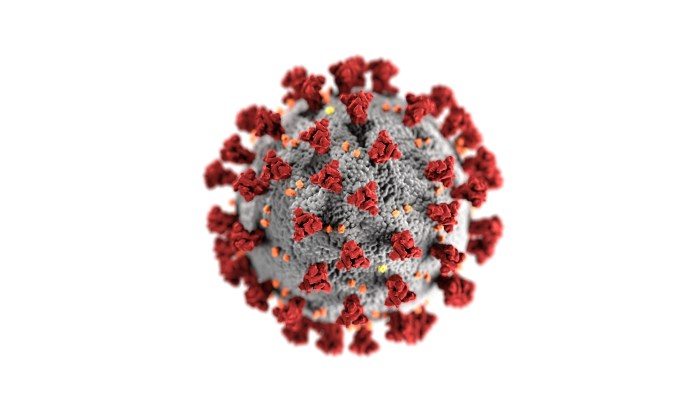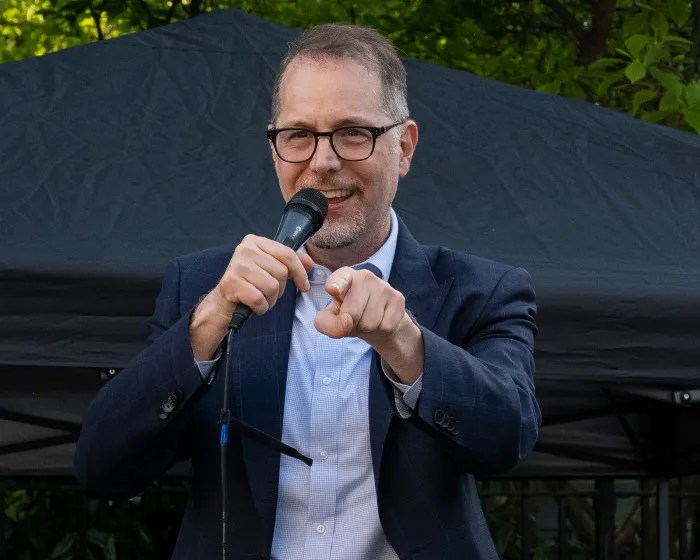
When the federal government shut down through January 2019, massive issues persisted for weeks as federal employees were without their usual income turned to food banks for sustenance, many became Uber drivers or took on other gigs for extra work and thousands defaulted on their student loans and other bills.
Despite this dark time, as a nation we did not seem to grasp what I believe to be the most important lesson of this period: that even in a roaring economy, American employees can’t afford to miss work.
Fourteen months later, we once again find ourselves in the same predicament.
With the increased spread of COVID-19, residents who either are symptomatic or come into contact with an individual who has a confirmed case of coronavirus, are to self-quarantine for 14 days. Government continues to tell us that staying home saves lives.
Yet all across the country hundreds of thousands of workers are now faced with a dreaded decision; showcase responsible civic behavior and stay home for a few weeks, or go to work to put food on the table for your family.
The unfortunate reality is that missing work has become a financial luxury that too many Americans, including many here on Long Island, cannot afford.
This issue is compounded by a large gap in privilege that some workers enjoy over others: who can work remotely and who can’t, who can rely on a spouse, partner or family member for child care and who can’t, who can get to work without public transportation and who can’t.
More immediately, the question remains as to how many Nassau County residents can weather a brutal financial storm and how many cannot. The next few weeks will illustrate this gap.
As more Americans are out of work, we should expect to see an increased strain on social services, food banks and charity organizations. After all, despite record stock market gains, CBS reports that most Americans still cannot afford a $500 surprise bill.
The real panacea here, which will help solve a crisis that has brought down even the mightiest of empires, is to reduce income inequality across America. Through initiatives like a raised minimum wage, expanded health care coverage and increased investments in public education, we can begin to reduce this gap.
However, while the reduction of income inequality is a longer and more nuanced fight, there is a pragmatic step we can take as a nation right now to offer help to millions of American workers: guaranteed sick leave, paid for by the federal government.
Currently, 22 countries worldwide offer some form of paid sick leave.
Germany? 44 days. Canada? 22 days. Great Britain? 10 days. The United States of America? Zero.
From a public health standpoint, offering sick leave is sound policy.
According to the New York Times, “studies show that paying for sick employees to stay home significantly reduces the spread of the seasonal flu. There’s every reason to think it would help to check the spread of the new coronavirus, too.”
Moreover, NationalPartnership.org shares data that “people without paid sick days are 1.5 times more likely than those with paid sick days to report going to work with a contagious illness like the flu or a viral infection.” The data is clear; without a paid sick leave policy, workers who are sick will go to work more often and can further increase the spread of illness.
From a business standpoint, offering sick leave is sound policy.
The statistics show that paid leave helps, rather than hurts, American small businesses. The Journal of Occupational and Environmental Medicine cites that “working sick costs the national economy $234 billion in lost productivity.” Turnover can be exceptionally costly for business, and The National Partnership for Women & Families found that policies including paid sick days can help reduce turnover by half. Just take the results from Austin, Texas, where “a cost benefit analysis of the citywide paid sick days ordinance showed that on net, city businesses stand to save $4.5 million annually, largely as a result of reduced employee turnover.”
Further, paid sick leave reduces absences from employees, which in turn saves employers tons of money. The Journal of Occupational and Environmental Medicine finds that “providing paid sick days could save employers up to $1.8 billion each year through fewer absences from reduced spread of flu-like illnesses alone.”
From the national economy’s standpoint, offering sick leave is sound policy.
Presenteeism is a major issue hurting the American economy right now, and paid sick leave policies reduce this issue immensely. Presenteeism is when employees show up to work sick, and therefore are less productive.
According to NationalPartnership.org, presenteeism is estimated “to cost the national economy $160 billion annually or about $234 billion when adjusted for inflation, surpassing the cost of absenteeism.” Bottom line: taking action is less expensive than inaction. So yes, paid sick leave will cost the federal government money; a lack of paid sick leave has an even higher cost. Most importantly, from a moral standpoint, offering sick leave is the right thing to do.
As it currently stands, the United States is statistically the most overworked country in the world. Author G.E. Miller argues that “Americans of prime working age today work 7.8 percent more hours than they did just four decades ago.” Yet despite putting far more hours in, Pew Research found that Americans have “about the same purchasing power [they] did 40 years ago.” For American workers, this is not an issue of work-ethic; it is an issue of our common morality.
I believe strongly in a national paid sick leave policy, but I’m not in a position at the federal level to fight for it. I’m a local lawmaker, and therefore have drafted legislation guaranteeing certain government employees 10 extra days of excused absence pay for the next public health crisis we face. That would be a start, and might encourage federal action.
As a Nassau County Legislator, I am limited by the Nassau County Charter in what I can do on a local scale to enact this type of policy. But our federal representatives can deliver paid sick leave tomorrow. And they should.
The coronavirus will go away—the issue of Americans not being able to afford to miss a day of work will not.
We need a paid sick leave law in America, and we need our congressional leaders to stand up for workers.
The time for discussion on this issue has passed. The coronavirus is here, and the time for action is now.
Joshua Lafazan is a Nassau County Legislator, representing the 18th District, which is mostly comprised of areas within the Town of Oyster Bay. He is the youngest legislator in county history.

























